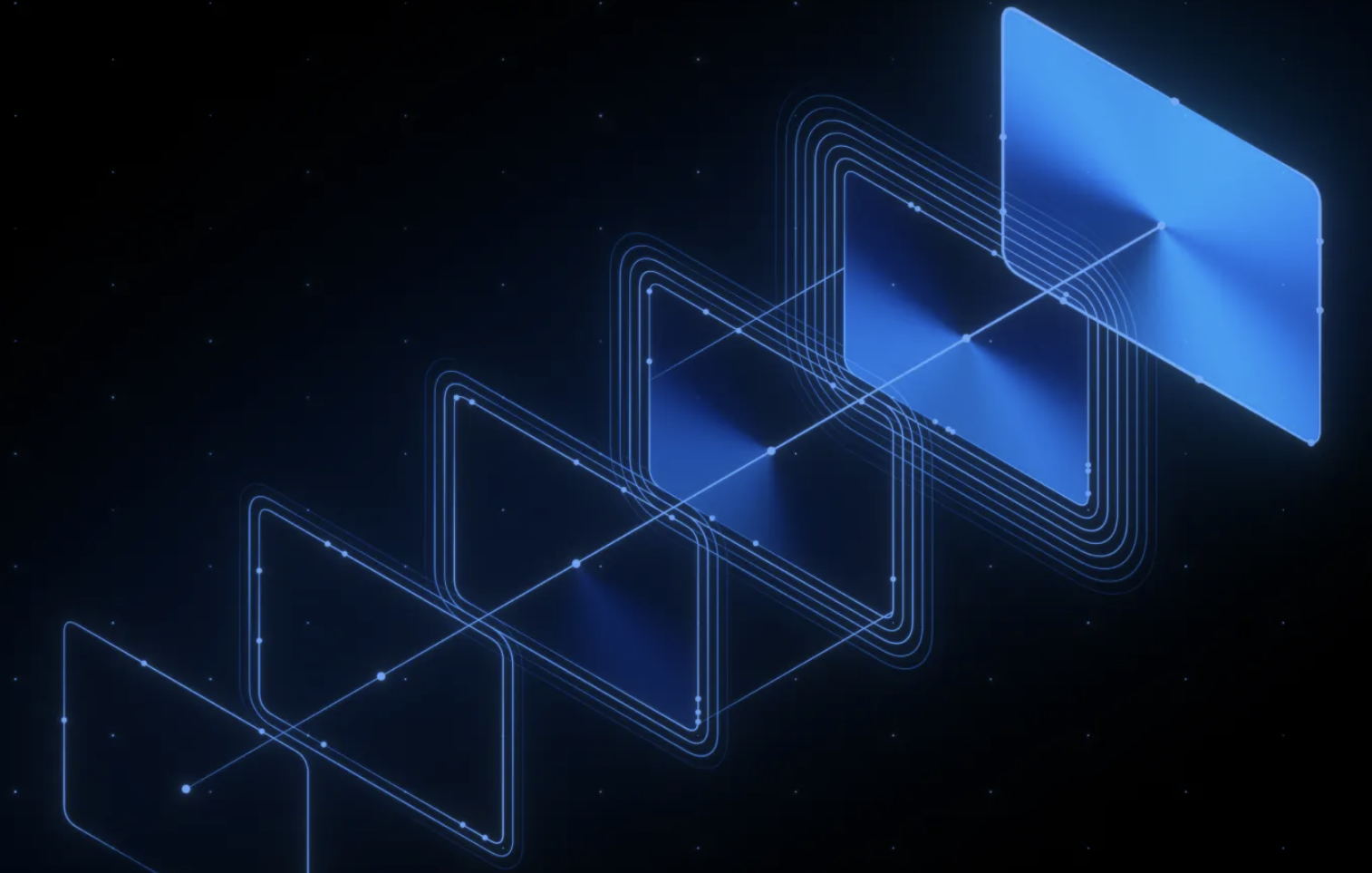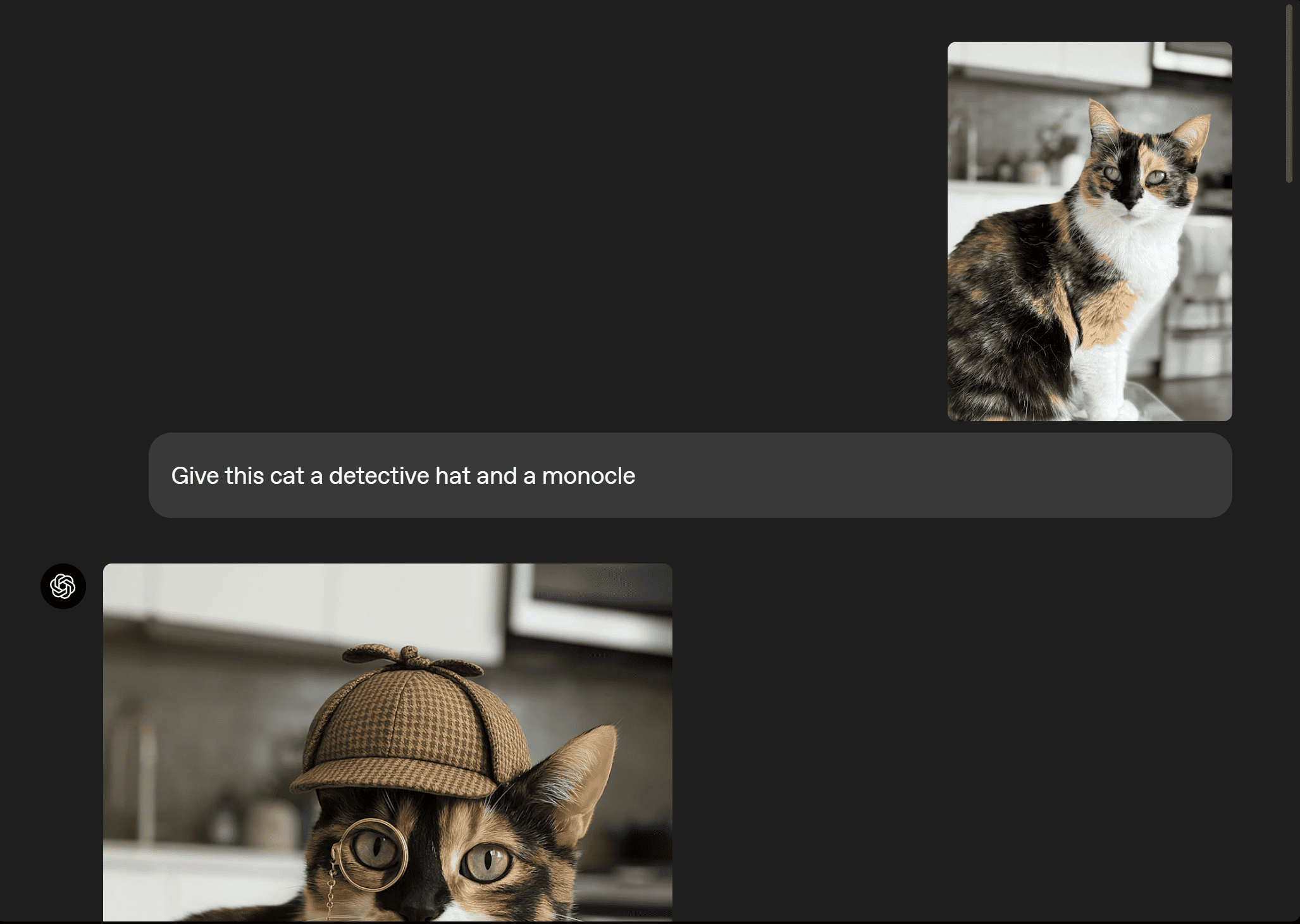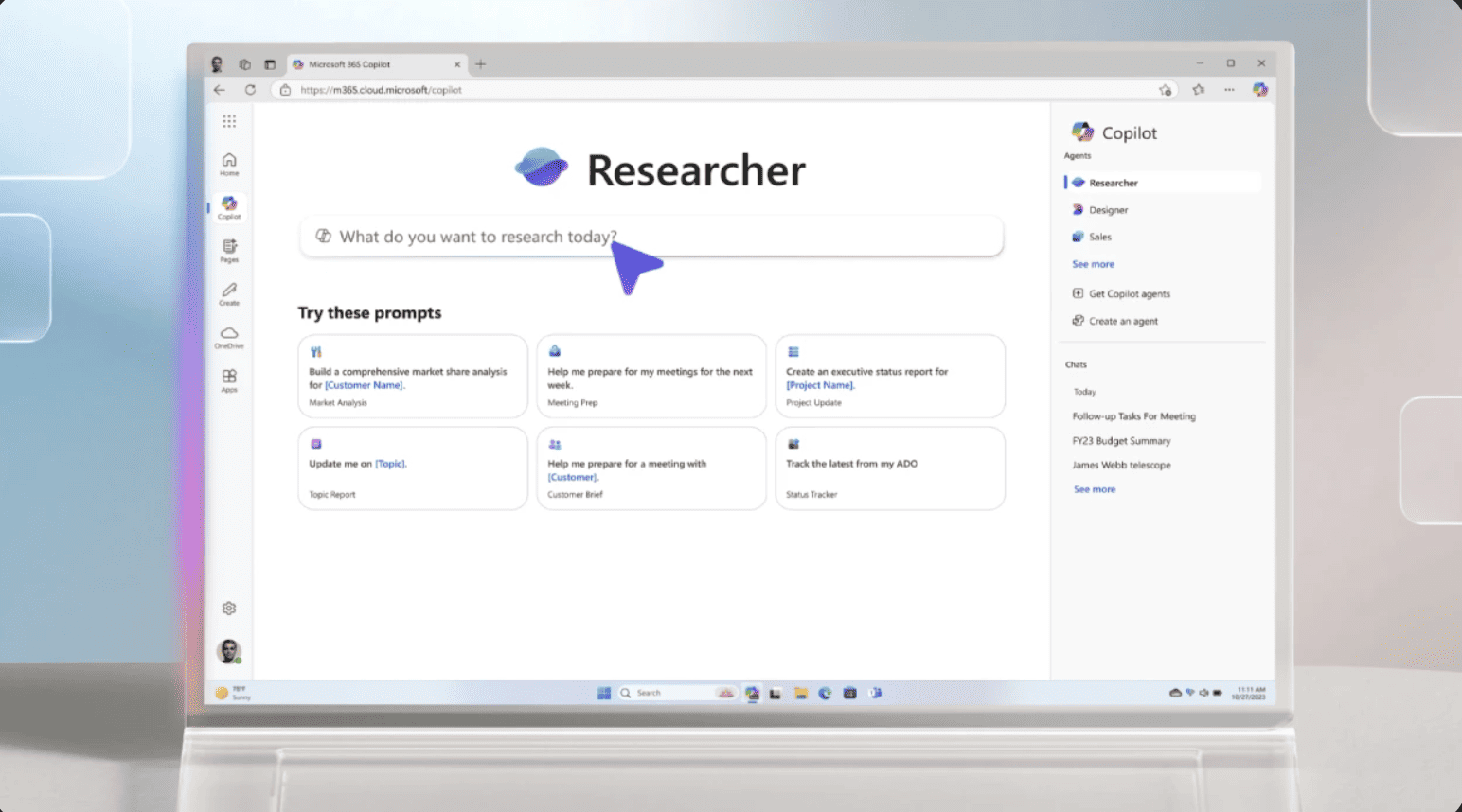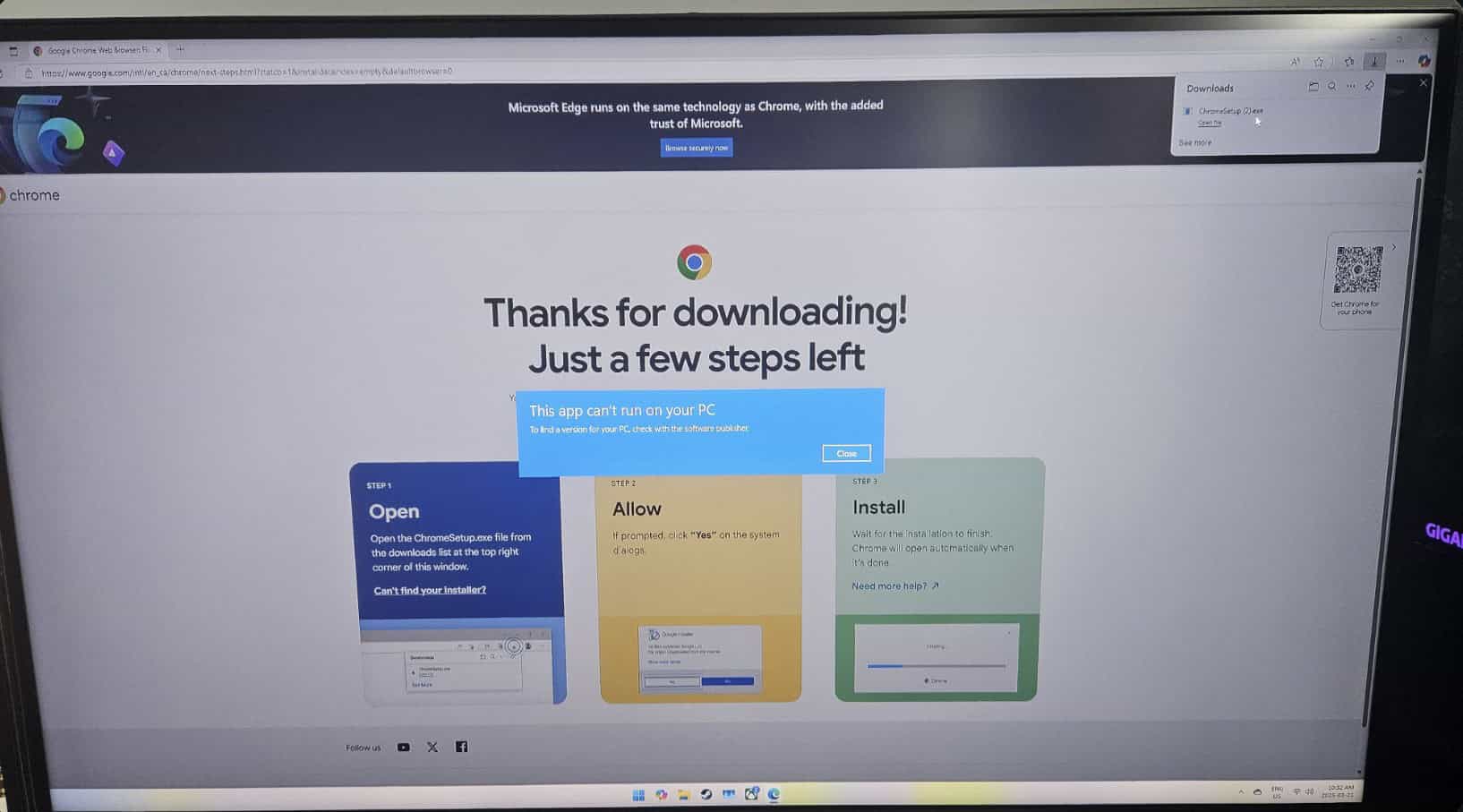Microsoft's Project Florence lets you talk to your plants... and them talk back
3 min. read
Published on
Read our disclosure page to find out how can you help MSPoweruser sustain the editorial team Read more

Microsoft’s artist in residence has created a technology solution which lets gardeners talk to their plans in a meaningful way, and also have the plans respond in turn.
Post-doc researcher Helene Steiner has placed a plant in a sensor-loaded capsule connected to a computer. Users are able to type messages to the plant, which are analysed for sentiment, which are in turn translated into pulses of light. For instance, a very warm, kind sentiment might appear as long red blinks, because red light causes a plant to flower.
But how does the plant respond with its own message?
Sensors on the leaves and roots, as well as in the soil and air analyse the state of the plant, looking for things like defensive chemical, state of the soil (e.g. wet or too dry) and translate this into its own sentiment reading. The plant’s reaction is translated into words by searching twitter for Tweets similar to the plant’s sentiment, and echos them back to the gardener.
While you are not going to be able to discuss the football scores with your vegetables (and get a meaningful response back at least) it is easy to get an idea of how the plant is doing from its own words, and it is just this feature which may turn the project from art to applied technology.
“We were kind of caught off guard a little bit, because this raised a lot of visibility across the company,” says Asta Roseway, Principal Research Designer at Microsoft Research. “We’ve been approached by groups across Microsoft in agriculture and urban farming … it’s brought together all sorts of folks from multiple fields and disciplines. It’s engineers sitting with biologists sitting with software [developers]. That kind of cross-collaboration is essential for emerging technologies.”
Microsoft has expanding its research in this field, constructing a hydroponics and aquaponics farm on the campus this summer while Steiner is working with academics on the hardcore science end of the project to better equate and categorize a plant’s electrical and chemical responses to more literal meanings.
“I think there are so many aspects where research like this can really open up,” says Steiner. “You want to build more sustainable agricultural systems, but there are interesting aspects if you think about responsive environments. You could really think about bringing a natural environment into our technological world, rather than putting technology everywhere into our environment.”
So who knows, one day when you came back from work and say hello to your plans, and you may know they need a bit of TLC if they sound a bit off.









User forum
21 messages